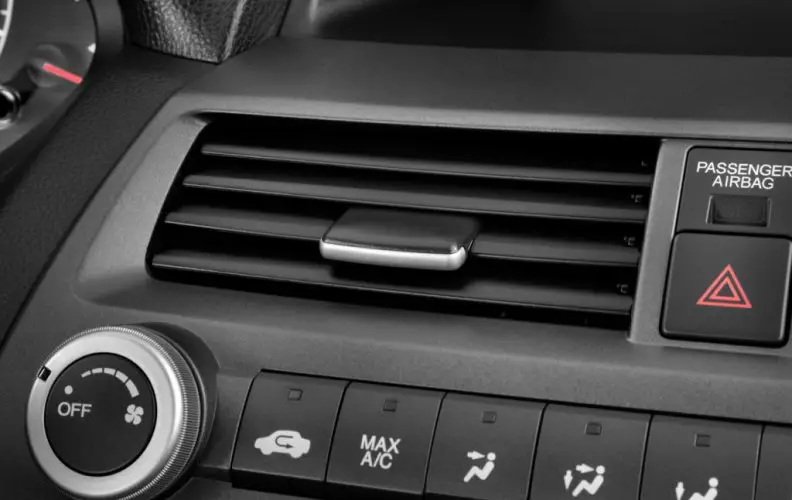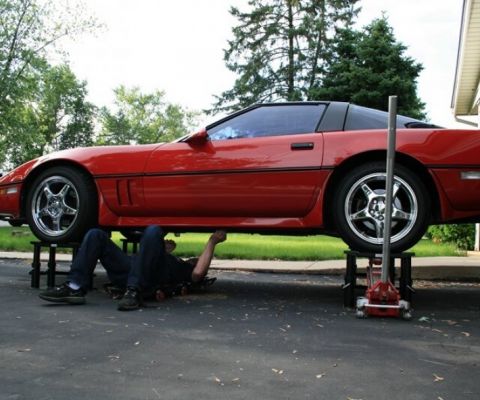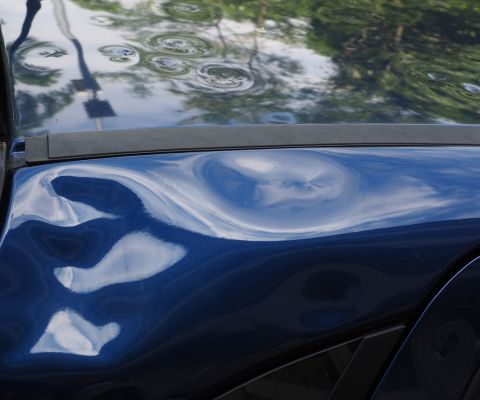Wider Tires: Are They Better Than Thinner Counterparts?
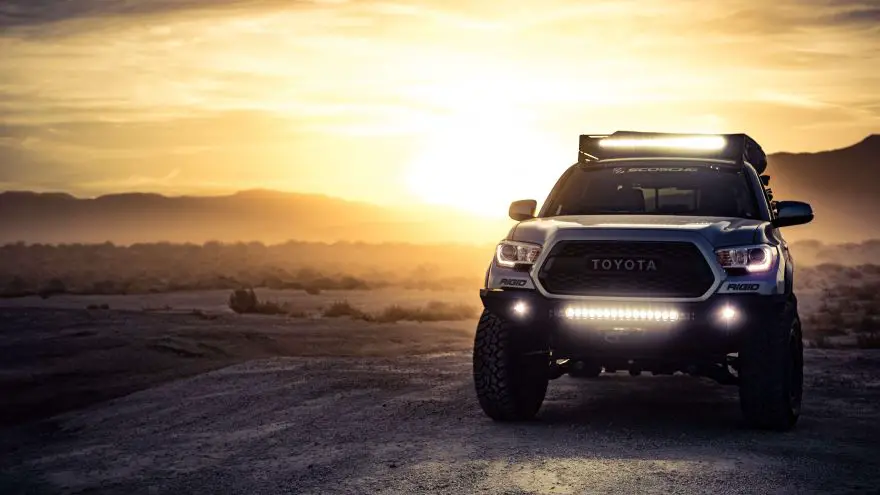 Wider Tires: Are They Better Than Thinner Counterparts?
drivrzone.com
Wider Tires: Are They Better Than Thinner Counterparts?
drivrzone.com
Everyone at one point in time has had to get new tires for their vehicles. Now depending on why you are getting the tires, could depend on the circumstances that you are in at the time. Some people buy tires in a hurry and are looking for a good deal because let’s face it, tires can be pretty expensive. Others are buying tires to make their cars look or perform better either on the road or off-road. While others are just looking to replace worn down tires and need new ones. If you have the time, take a minute and look at your options below when deciding on what kind of tire, wider or thinner, would be best for you and how it could make your driving experience a little bit better.
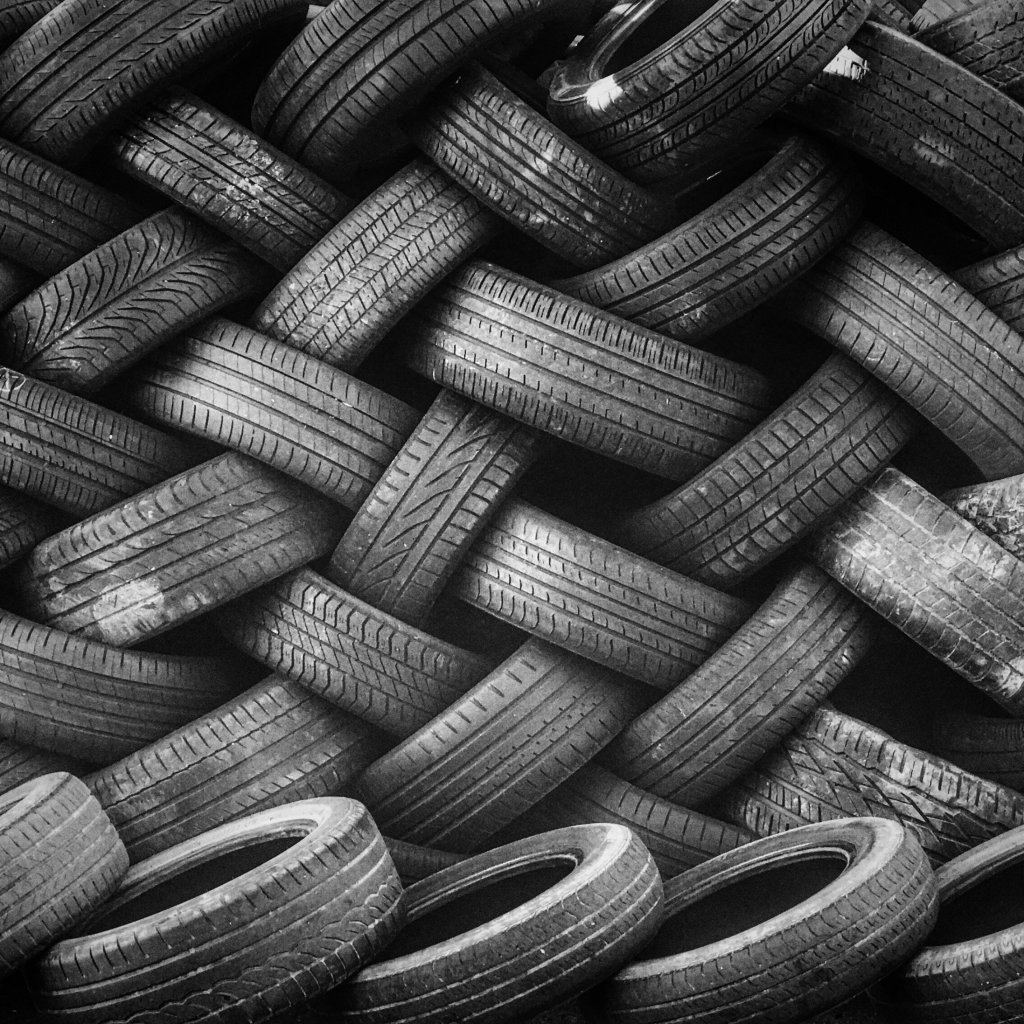
Types of Tires
First of all, there are many different types of tires out there on the market. All of them come in different sizes, widths, and grip patterns. Here are just some of the different types of tires on the market.
Low Profile
Low-profile tires are popular on most customized vehicles, in essence, those looking for style over sensibility. These can be great for that boost, but don’t necessarily offer a great ride.
All-Season Tires

This is what most people own on their vehicles. It means exactly what it states, these tires can be reliable for most road conditions all year for the different seasons. These tires are what most cars come with when buying from a dealership for the first time.
Performance Tires
These tires are considered part of the all-season tire, however, they are sportier than the standard tires that come stock on the vehicle. The ride on these might not be exactly quiet, but they offer a more smooth trip. These tires may be part of the all-season tire, however, they will not necessarily handle well in the wet and snow.
Summer Tires
Summer tires will offer great performance over some of the all-season tires but will have poor performance in wet or snow conditions. They will offer a quieter ride than the performance tires, as well as offer better durability.
Snow/Winter Tires
Well, this should be easy to get, it is the best type of tire for snowy or icy conditions. While these tires feature wider groves and studs for gripping during these conditions, you would not want to drive these in the summer months. Your best bet when owning a set of these is to have another set to swap them out with when the winter is over.
Differences in Wider Versus Thinner
Ok, so now you have the different types of tires that are out there, but do you buy the wider or thinner set of tires? First, you want to ask what exactly you are looking to achieve when buying the tires, such as economy, safety, or even steering and braking.

This should go without saying, but the more traction you have the better chance you have to handle your vehicle. The wider the tires you have, you will have more contact on the road. Skinny tires will have more pressure in them per area, so while they will not have the same area of contact, they will “cut” into the road. Determine what type of driving conditions you will be experiencing on most days and then determine what a good balance would be for this.
Off Road
This is something that will be specific to your make/model of the vehicle you are using. Most people who go off-road will get special tires designed for their vehicle. There are many different things to take into consideration that will include clearance of vehicle, the weight of the vehicle, driver skills and many others that the tires might now be the main issue. However, most people tend to go wider and bigger when it comes to off-roading. This does not mean it is right, it will be based on where you are going. In the case of mud running having a thinner tire could be more beneficial because it will cut through the mud versus spreading it open and having more opportunity to get stuck.
Snow Driving
During the winter months, there is low friction on the road, which means you want to have greater pressure on the road by your vehicle. As we stated earlier, this would mean the skinny tires. they will cut through snow covered roads and dig further in to give you better handling and traction. Wider tires have a tendency of gliding over the snow and can cause you to lose control easier.
Wet Driving
In this case, a wider tire would be better unless you live on a road that has nothing but puddles all season. Wider tires will have more contact with the surface and since it will have more tread lines, the water will rush out. The thinner tires will be great when going through a puddle, because of that cutting action they will have, however, a lot of the main roads and highways will not be flooded all day long.
Fuel Consumption
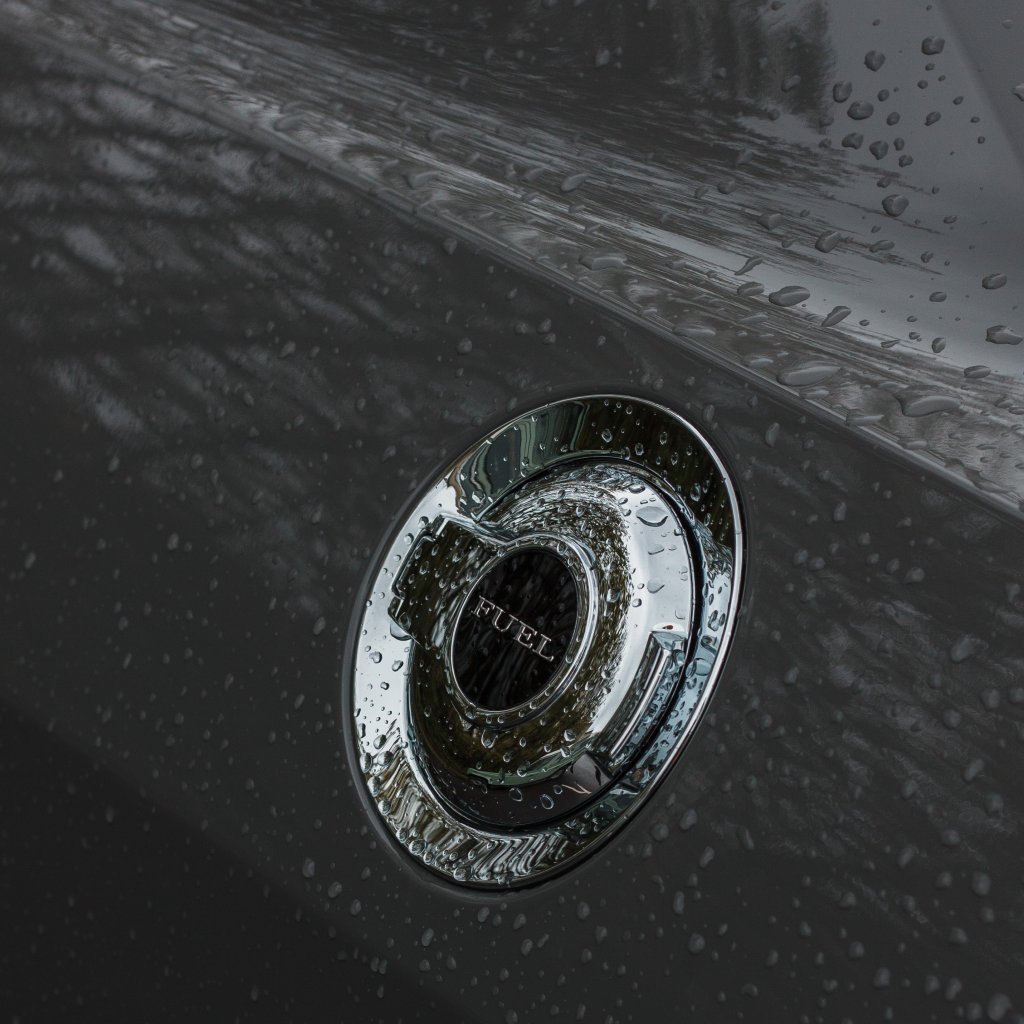
Wider tires will cause more friction than thinner tires, so therefore the fuel consumption will go up using the wider tires. So if your intentions are to drive around town and not go long distances, maybe the narrow tires would be better for you, however, don’t forget the other factors as well. Wet? Dry? Snow? Rain?
Dry Road
Wider is better, that is it. If most of your driving is on asphalt, you will want more surface contact for better traction.
Car Weight
Obviously, you need to consider the weight of the vehicle. The amount of pressure put on the tire based on the weight of the vehicle will either be economic and sound or could be disastrous. If you have too small and narrow of a tire on your vehicle and it weighs a ton, you could have a blow out while driving resulting in an accident. While if you have a lighter vehicle and wider tires, you could damage the internal systems due to the tires doing something called wheelspin. This means that the tire, in essence, is going faster than the weight of the car and could do damage to the underside of your vehicle.
With all these things to consider, you really have to search inside and out when changing the tires on your vehicle or what ones to purchase. There are soo many choices out there, and just because it looks nice or rough and tough, does not mean it is the right choice. It is really going to come down to what and where you live, and what you are specifically looking for the tires to help you do when driving. In the end, it comes down to driver experience, and the type of tire you decide on is supposed to help you do that smoother.
Sources
- Tire Get – Wider vs Narrow
- Rims and Tires Mag – 7 things you should know about wide vs narrow tires
- Burt Brothers – Wide vs Narrow
- It still runs – HT vs AT tires







